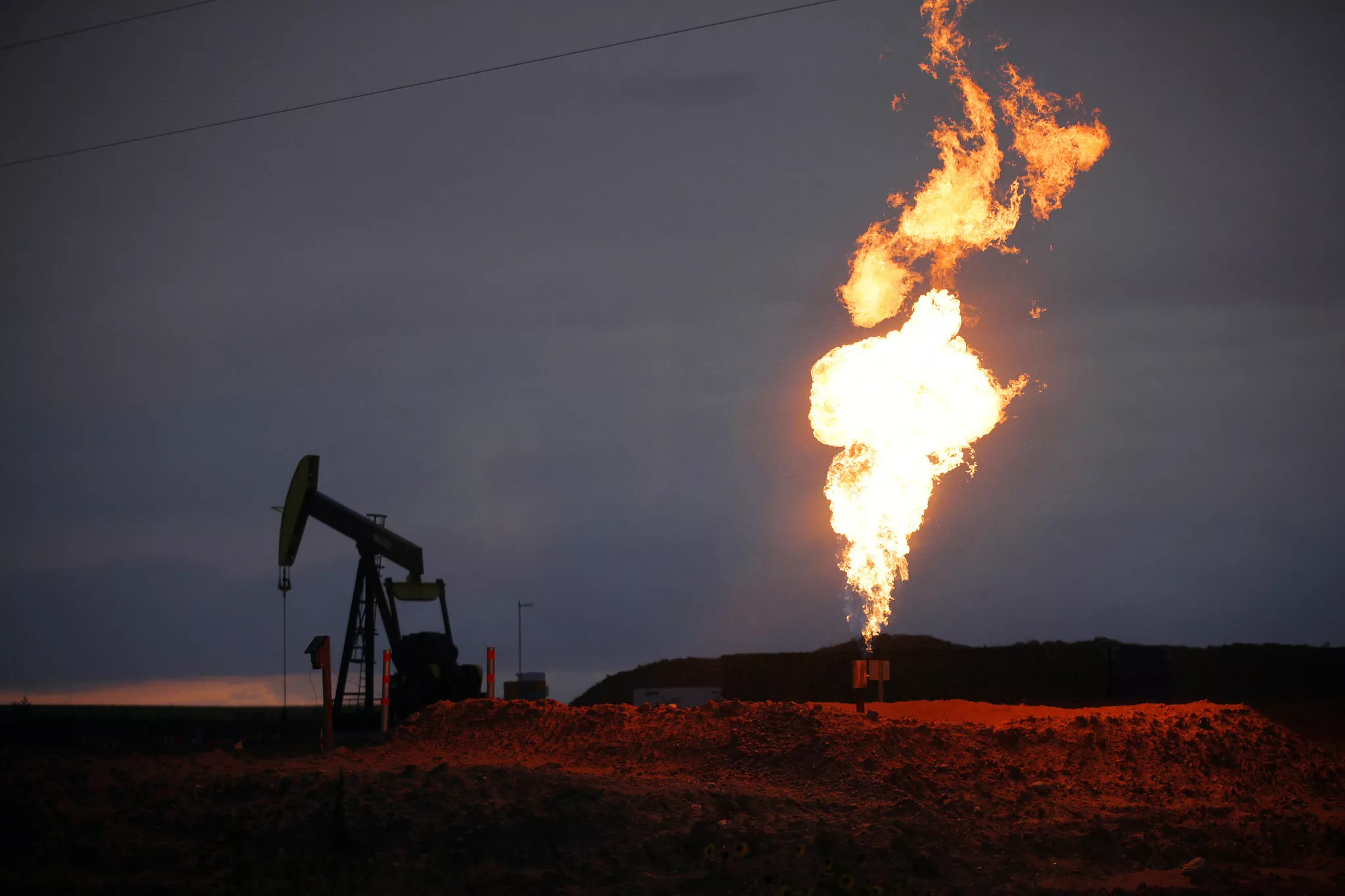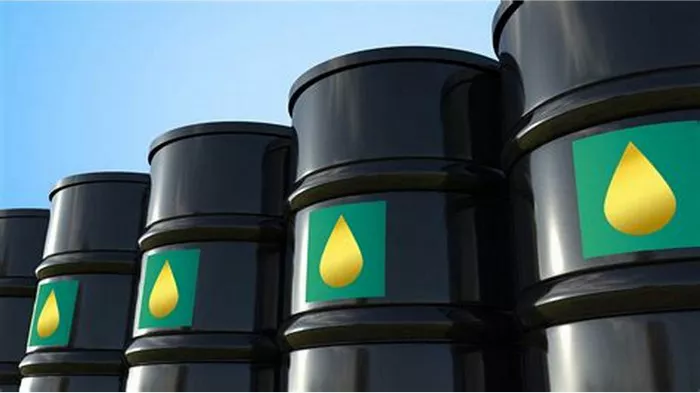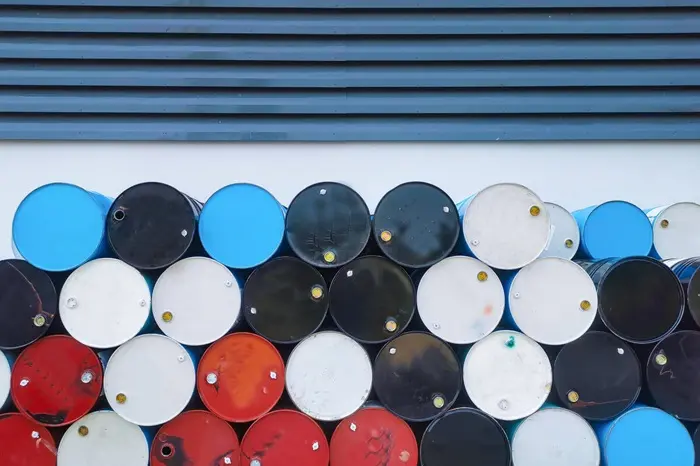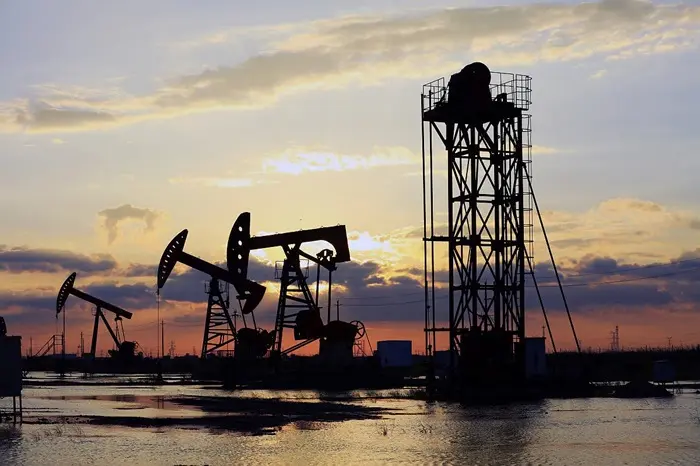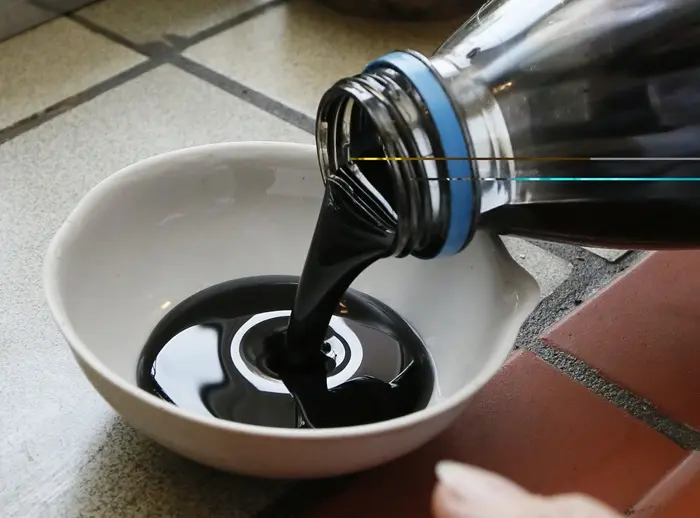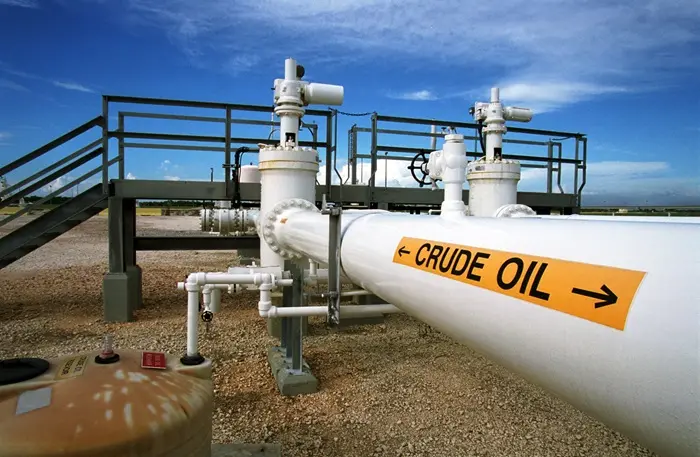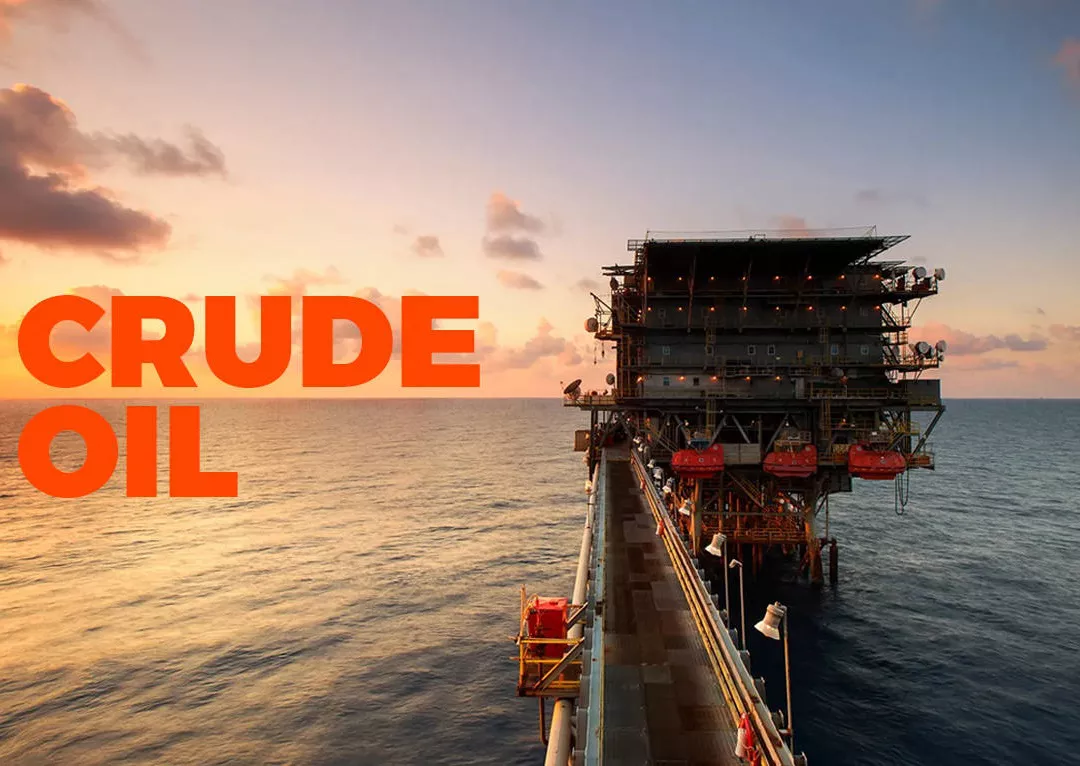Nigeria is one of Africa’s leading oil producers, with a substantial portion of its revenue generated from the petroleum industry. The country’s crude oil production is concentrated in the Niger Delta region, a vast area with extensive reserves. This article explores five key locations in Nigeria where crude oil is being extracted. The article aims to provide an objective and professional overview of these significant sites.
1. Bonny Island
Location and History
Bonny Island is located in Rivers State, in the Niger Delta region. It has a long history of oil production dating back to the 1950s. The island serves as a major hub for Nigeria’s oil and gas activities.
Infrastructure and Operations
Bonny Island is home to one of Nigeria’s most important oil terminals, the Bonny Oil Terminal. Operated by Shell Petroleum Development Company (SPDC), this terminal plays a crucial role in the export of Nigerian crude oil. The island also hosts the Nigeria Liquefied Natural Gas (NLNG) plant, which processes gas for export.
Production Capacity
The oil fields around Bonny Island have substantial production capacities. The Bonny Light crude oil, produced here, is a high-quality grade of crude oil favored in international markets. The production from these fields significantly contributes to Nigeria’s daily output of crude oil.
Challenges
Despite its importance, Bonny Island faces challenges such as oil theft, pipeline vandalism, and environmental concerns. These issues impact production efficiency and the local ecosystem.
See Also: 7 Points Overview Of The Crude Oil Fractionation Process
2. Forcados
Location and Background
Forcados is another critical area for crude oil extraction, situated in Delta State. The Forcados Terminal, operated by Shell, has been in operation since the early 1970s.
Terminal and Pipeline Network
The Forcados Terminal is a significant facility that handles the export of crude oil from various fields in the region. The Forcados pipeline system is an extensive network that transports crude oil from inland fields to the terminal for export.
Production and Export
Forcados crude oil is another high-quality grade that is highly sought after on the global market. The terminal has a substantial storage capacity and can handle large volumes of crude oil, making it a pivotal point in Nigeria’s oil export infrastructure.
Operational Challenges
Forcados has faced numerous operational challenges, including militant attacks and pipeline leaks. These issues have caused disruptions in production and export activities over the years.
3. Brass River
Geographical Location
Brass River is located in Bayelsa State, within the central Niger Delta region. It is another major site for crude oil extraction in Nigeria.
Oil Terminal
The Brass River Oil Terminal is operated by the Nigerian Agip Oil Company (NAOC), a subsidiary of the Italian energy company Eni. This terminal is one of the oldest in Nigeria, having been established in the 1960s.
Production Details
The Brass River crude oil is known for its light and sweet quality, making it attractive to international buyers. The production from the Brass River fields contributes significantly to Nigeria’s overall oil output.
Security and Environmental Concerns
Brass River, like other regions in the Niger Delta, faces security challenges, including piracy and sabotage. Environmental concerns, such as oil spills, have also been prominent, affecting local communities and wildlife.
4. Qua Iboe
Location
Qua Iboe is situated in Akwa Ibom State. It is one of Nigeria’s oldest and largest oil fields.
Production Operations
The Qua Iboe oil fields are operated by Mobil Producing Nigeria, a subsidiary of ExxonMobil. The production facilities here are advanced and have been in operation since the 1970s.
Export Terminal
The Qua Iboe Terminal is a key export point for Nigerian crude oil. It handles the export of Qua Iboe Light crude, a high-grade oil that is highly valued in global markets.
Production Challenges
The Qua Iboe region has faced various challenges, including oil spills and pipeline sabotage. These issues have occasionally disrupted production and raised environmental concerns.
5. Escravos
Location and Historical Context
Escravos is located in Delta State and is one of the most significant oil-producing areas in Nigeria. The Escravos oil fields have been operational since the 1960s.
Key Facilities
The Escravos Terminal, operated by Chevron Nigeria Limited, is a major facility for the export of crude oil. The Escravos Gas Plant is also a significant installation, processing natural gas for domestic use and export.
Crude Oil Production
Escravos crude oil is known for its high quality and is a major contributor to Nigeria’s daily oil production. The area’s infrastructure supports large-scale extraction and export activities.
Operational Issues
The Escravos region faces several operational issues, including security threats from militant groups and environmental degradation due to oil spills.
Conclusion
Nigeria’s crude oil extraction activities are concentrated in several key areas within the Niger Delta region. Bonny Island, Forcados, Brass River, Qua Iboe, and Escravos are among the most significant sites for oil production. Each location has unique characteristics, operational capacities, and challenges. These areas collectively contribute to Nigeria’s status as a leading oil producer in Africa. However, they also face common issues such as security threats, environmental concerns, and infrastructure challenges that impact their efficiency and sustainability. Addressing these issues is crucial for maintaining and enhancing Nigeria’s oil production capabilities.
Related topics:

